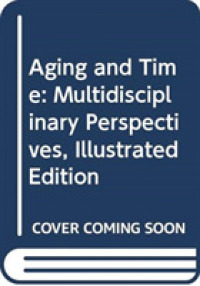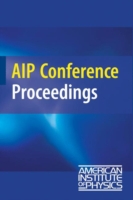- ホーム
- > 洋書
- > 英文書
- > Literary Criticism
Full Description
How did authors such as Jonson, Spenser, Donne and Milton think about the past lives of the words they used? Hannah Crawforth shows how early modern writers were acutely attuned to the religious and political implications of the etymology of English words. She argues that these lexically astute writers actively engaged with the lexicographers, Anglo-Saxonists and etymologists who were carrying out a national project to recover, or invent, the origins of English, at a time when the question of a national vernacular was inseparable from that of national identity. English words are deployed to particular effect - as a polemical weapon, allegorical device, coded form of communication, type of historical allusion or political tool. Drawing together early modern literature and linguistics, Crawforth argues that the history of English as it was studied in the period radically underpins the writing of its greatest poets.
Contents
Preface; Introduction: etymology in early modern literature; 1. Etymology and estrangement in the poems of Edmund Spenser; 2. Etymology and textual time in the masques of Ben Jonson; 3. Etymology and place in Donne's sermons; 4. Etymology and the ends of idealism in Milton's prose; Conclusion: a world in a word; Bibliography.








